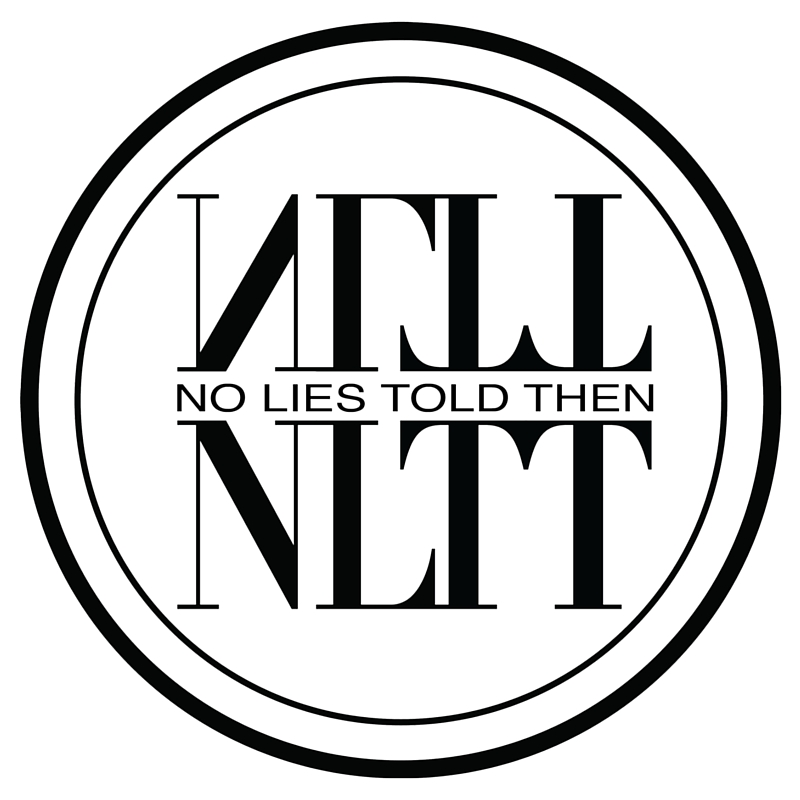“Mirrors are perpetually deceitful. They lie and steal your true self. They reveal only what your mind believes it sees”
― Dee Remy, There Once Was A Boy
When you look in the mirror what do you allow yourself to see? Do you let your reflection speak clearly to you or do you let your mind color your view with self-doubt, judgment, guilt and inadequacy? Before you even look at yourself do you start hearing the voices of people who’ve made you feel like you’re not good enough? Do you go through the things society says you have to fix about yourself to be considered perfect?
This goes beyond what you see in the mirror; maybe it’s the attitude you carry into every relationship because something in your past gave you the idea that you don’t deserve love and happiness. It could even be about your work – you talk yourself out of opportunities that were rightfully yours or you lead with doubt and not with confidence in your talents and abilities. You have to ask yourself what the language of your own mind is because changing how we speak to ourselves is the most powerful step we can take to finding our own truth.
One thing human beings do without fail is question themselves instead of questioning a society that tells hurtful, blatant lies. It’s a vicious and exhausting cycle that carries on until you can’t separate your own truthful voice from all the lies you were told. The risk is that you’ll lose so much of yourself and no person in society is worth losing that for. The good news is you can get yourself off the hamster wheel of misery by finding and embracing a truth that is your own. Because it’s ultimately your own standard, you will never find yourself feeling like you’re falling short ever again.
In “No Lies Told Then”, Sandra is caught up in the lies and they are affecting her happiness, and even her ability to do the thing she loves most. The truth finally hits her when she sees everything that tells her she isn’t good enough for what it really is: a narrative of lies that doesn’t benefit her in any way.
The truth is, we’ve been lied to, taught to doubt and be unkind to ourselves. Black women have been told that their features are ugly, but the truth of their beauty is revealed when the very same things they were taught to loathe about themselves are now being appropriated by other races. Women were taught that venting their frustrations and anger made them difficult but other groups can do this and get applauded for their honesty. As a woman in the world you quickly realize how fickle and judgmental society can be, and while keeping up is an option, all it will do is tire you out and leave very little time for yourself. Finding your truth is an act of bravery and you can be your own heroine. It starts with you and the fruits it produces are way more precious than anyone’s approval.
How to Start Finding your Truth
1. Communities - Growing up, I always felt different. I was raised in a small town and people I met were basically the same. When I discovered internet communities, I realized there's a whole world full of weird people from different backgrounds. I think sharing passions, ideas, engaging in conversation with different types of people has helped me discover who I am, accept myself and build my confidence.
2. Reading - I no longer rely solely on American news sources (i.e. CNN). By opening up, I realized there's an entire world out there of people who need help, who are suffering, who are marginalized and voiceless, and I think reading different perspectives has helped me broaden how I see things. It's no longer through the American lens, it's through the human lens. Through that, I now see where I can contribute to society in a positive way.
3. Narrowing my inner circle - I'm a loner by nature. I'm friendly with everyone and I'm sure many people would consider themselves a friend of mine. However, not everyone you meet has good intentions or wants the best from and for you. I've created concentric circles in my life which represents the degrees to which people know me and the amount of time and effort I will invest in cultivating our relationship. My squad is my innermost circle. It's about four or five people in whom I can confide and vice versa, we always support each other, uplift each other; there's no competition, only love. They will tell me the truth and I will always tell the same.
4. Blocking out the noise - There are people who aren't going to like me no matter what. They are constantly negative. There are also people who will try to tell you what you can or cannot do, but I block them out. If a person's only contribution to the world is negativity, I want no part of them. They become noise that I just ignore.
5. Accept myself - Acceptance grows into love. I'm imperfect and I accept that. We grow up with society's expectations foisted upon us, especially girls. As we get older, hopefully we learn to accept the things we cannot change and those perceived flaws are embraced.
- Torri .R. Oats



